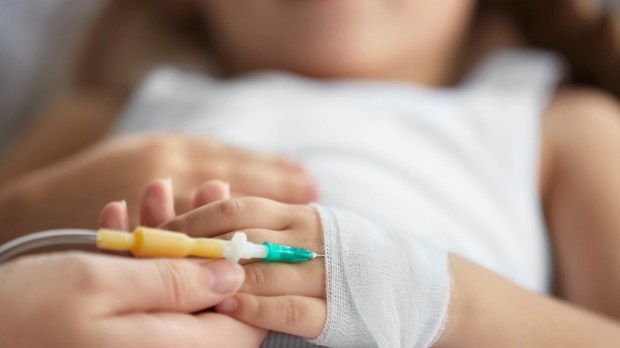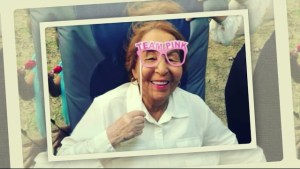Lenten Campaign 2025
This content is free of charge, as are all our articles.
Support us with a donation that is tax-deductible and enable us to continue to reach millions of readers.
A British infant must be taken off life support in hospital or hospice and not at home, a judge in England ruled Wednesday.
It’s the latest in a heartbreaking story of Indi Gregory, an eight-month-old child who suffers from an incurable genetic disease.
The Vatican’s Bambino Gesù Pediatric Hospital offered to take over medical care of the child, and Italy granted her citizenship so such an arrangement could be carried out, but Judge Robert R. Peel of the High Court denied permission for the baby to be taken to Italy.
Peel last month ruled that life support must be withdrawn. Indi’s parent’s, Dean Gregory and Claire Staniforth of Ilkeston in Derbyshire, have appealed that decision — unsuccessfully — in the Court of Appeal in London and at the European Court of Human Rights (ECHR) in Strasbourg. They also asked to be allowed to take Indi home.
Indi, who is at Nottingham’s Queen’s Medical Centre (QMC), suffers from a mitochondrial disease, which prevents cells in the body producing energy.
“There are many types of mitochondrial disease, and they can affect different parts of the body: the brain, kidneys, muscles, heart, eyes, ears, and others,” says the US Center for Disease Control and Prevention. “Mitochondrial diseases can affect one part of the body or can affect many parts. They can affect those part(s) mildly or very seriously.”
Doctors at QMC have said Indi is dying and have told the High Court that her treatment is futile and causes pain. They said they can do no more for her.
Judge Peel said it would be “all but impossible” to remove the child’s life support and carry out palliative care at her family’s home and that it was in her best interest that the process be done in hospital or hospice. According to the BBC, doctors told the judge that Indi is “clearly distressed, agitated, and in pain” and that her care after removing life support would need to be “managed by trained professionals with resources on hand to deal with complications, and minimize distress.”
Indi’s parents still hold out hope. In an interview with the Italian daily La Repubblica, Gregory said, “We know well that Indi cannot be cured. But there is the case of an American child who, with the same syndrome, is still alive at 9 years old. Even Indi, with the right treatment in Italy, could still live for months or perhaps years.”




